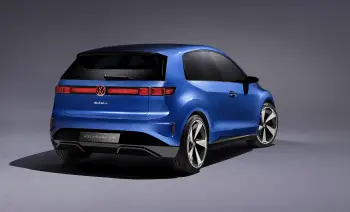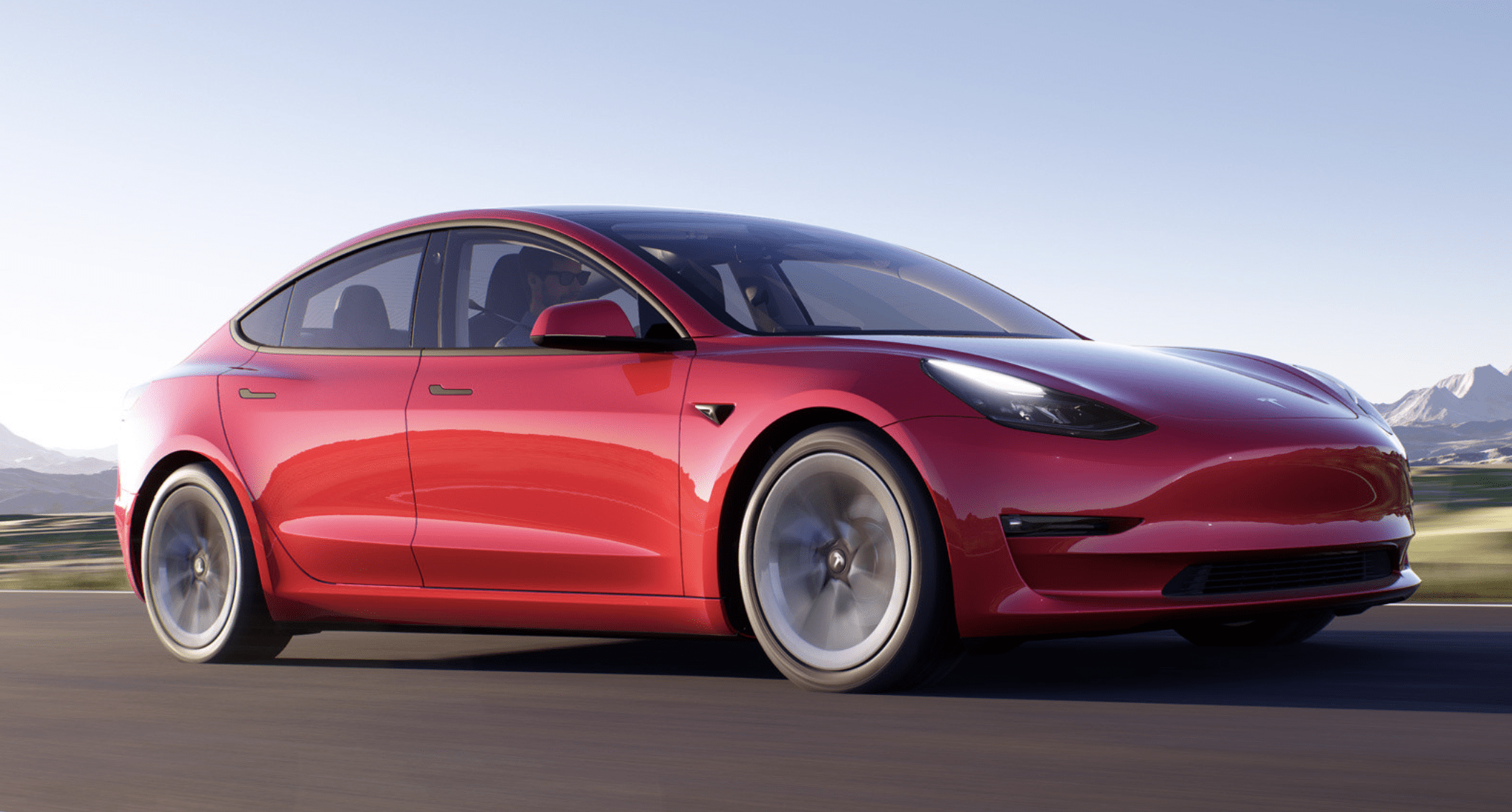
Sorry Tesla, the Volkswagen ID. 2all is the Affordable EV Everyone’s been Waiting For
Electric Vehicles (EVs for short) have seen a significant rise in popularity over the past few years, due to a variety of different factors including rising fuel costs, integration of convenient smart technologies, and more. It goes without saying that as far as EV manufacturers go, Tesla has secured the top spot in terms of popularity – one could even say that the Tesla brand has become a “household” name in this context, with several models under its name.
That hasn’t stopped other brands from trying though. A lot of the major “mainstream” automobile manufacturers have long since integrated EV technologies into their vehicles, and companies like Ford, Audi, BMW and Volkswagen – to name a few – have each dealt their hand in releasing dedicated EVs for consumers. A much-needed move for sure, in a market that’s continuously pushed new changes and evolution.
A Concern for Affordability
In the case of Volkswagen, the German manufacturer has so far launched a handful of EVs under its “ID” range, spanning different models over the years. One thing to take into consideration however is that aside from featuring similar hardware and technology to other EVs from competing brands, the ID range also shares notably high prices. These usually hover around above $35,000, which isn’t exactly affordable for everyone. By comparison, the cheapest Tesla one can get right now is the Model 3, which goes for around $44-$45,000.

While there have been prior expectations that Tesla might launch a more affordable model this year – going for as low as $25,000 – no further developments regarding its production have been announced by the company however, to the disappointment of some. This now leaves the door wide open for competitors to take advantage of this untapped price bracket, where time and pricing are of the essence.
…And ID. for all
This is exactly what Volkswagen aims to do after the grand reveal of its “ID. 2all,” which was recently introduced during an investor event in Germany. Currently a concept vehicle, Volkswagen says that the hatchback will be built using the second-generation iteration of the MED EV platform, and will include components such as a front-wheel drive, and hardware for faster charging capabilities, to name a couple.
The main focus here though is the price-to-performance ratio for buyers. The car will be available for a starting price of around $26,600 (when converted), with an estimated range of around 279 miles, which in a way is a pretty reasonable cost. It isn’t market-ready at the moment though, as the ID. 2all is set to begin production in 2025, with an expected launch date sometime in 2026. While this sounds like it’s still far off from reality, it has essentially put Volkswagen in the radar of consumers who are looking for a more affordable EV options.
Volkswagen says that this plan to introduce a more accessibly-priced EV runs alongside a forward push into investing nearly $200 million dollars towards the development of battery technology and raw materials as well, in the hopes of expanding and strengthening the company’s market share – a plan that’s scheduled to take place over a course of five years. More importantly, it’s a move that Volkswagen also hopes will be enough to take down top competitors including Tesla from the spotlight. It’s probably a feat easier said than done, but fierce competition has always resulted in better choices for consumers.
Retaining Relevance
While some may look at this announcement as a premature move by Volkswagen, it has nonetheless created buzz among consumers for more affordable (albeit still compact) electric vehicles. The competition has since evolved though, as we’ve seen a move from manufacturers towards larger vehicles that easily outsize hatchbacks such as the ID. 2all. In any case however, Volkswagen does seem confident with the ID. 2all especially since it undercuts a lot of rival automobiles in terms of price.
It should also be noted that there’s been talks of an even more affordable ID model, although details on that one are scarce as of the moment. But with this new push for the development of cheaper EVs, one can’t help but hope that this lowers the barrier to entry for folks who’d love to invest in an electric vehicle, all at a reasonable cost in the long run. And as long as Tesla continues to hold back on capitalizing on this price segment, we just might see a new EV champion in the next few years.
